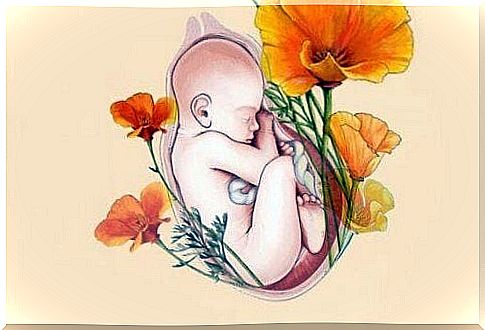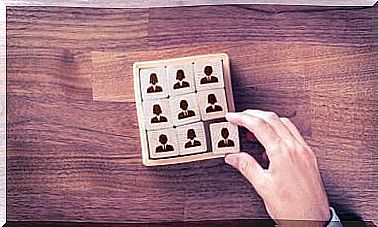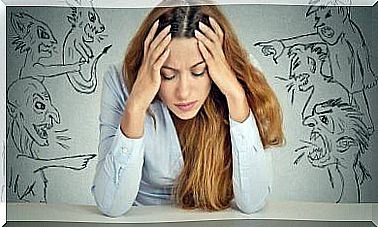To Have Or Not To Have Children?

Until recently it was assumed that everyone wanted to start a family and have children. However, this conception is radically changing. Indeed, in the West, the decision not to have children has become an expanding trend. There are many men and women who prefer or do not want to have children.
There are several reasons why many people make this decision. It can be personal thoughts or the idea that the birth of new lives contributes to the social and ecological imbalance of the world. One way or another, the truth is that this topic is considered a real taboo in almost all societies.
This decision has increasingly evident consequences in the age pyramid of the most developed countries: we are entering a world where there are more and more adults and less and less young people.
In some countries, the birth rate is much lower than it was 20 years ago. This, together with the increase in life expectancy, speaks to us of past societies. Is this choice really in favor of the world? Does the decision not to have children correspond to a responsible logic or is it just a great form of selfishness that prevails today? Could this decision be an effect of the couple crisis?
Deciding not to have children
Many think, and defend their thinking, that having children reduces the freedom of the couple and creates complications. Educating children takes time that many people are unwilling to invest in. For them, having a baby and educating him is anything but interesting, it is even overwhelming. Apparently, their profession and social life are enough to make sense of their life. According to this current of thought, having children is not worth it because of the investment required to educate them responsibly.

According to a study conducted in Europe and called “Childlessness in Europe” (2015), the reasons for not having children are mostly professional in nature. However, economic reasons, bad experiences with one’s parents and / or fear of passing on hereditary diseases also matter.
Another study by the Family Federation of Finland indicates that economic difficulties have become the main reason for not having children in recent years . Job insecurity and uncertainty about the future affect the spread of this perception.
On the other hand, one wonders who is happier between those who decide to have children and those who decide not to have them: Western Ontario University in Canada states that there is no definitive answer. Apparently, the answer is closely related to age. For young people, having children would reduce their degree of happiness. For those over 30, however, the perception is neutral. And for adults in their forties, a child is seen as a great source of joy.
A decision that responds to many factors
There is no precise answer to the question of whether to have children or not. Each person, especially each couple, must make their own decision. One thing is certain: it is very important to think about it and try to come to the right conclusion. Having an unwanted child sometimes has truly devastating consequences. Conversely, excluding the possibility of being a parent creates a huge existential void.

There are no perfect conditions for having to procreate. Ideally, you should have a stable partner, with sufficient income, who has enough free time and an overwhelming desire to be a parent. It is very rare for all of these variables to be present at the same time. However, this does not mean that it is impossible to make changes and adaptations to accommodate a new life. In fact, since the past, sacrifices have been made: large families, common years ago, managed to survive with fewer resources than those we have today.
Sometimes it is also important to know where the desire to have a child comes from. Sometimes it arises from a wrong perception or interest. There are many couples in crisis who can be fooled by the idea that a child will improve their relationship or that it can put an end to their arguments. There are also those who feel frustrated and want to have a child in order to achieve results that they have not been able to accomplish. Either way, the chances of failure are high.
We are increasingly free to make decisions about who and how to form our family. This is a step forward. However, it is also a situation that arouses new anxieties and uncertainties. What is important in this, but also in other cases, is to learn to cultivate our ability to listen to the message that comes from the bottom of our heart. The rest comes by itself.
In conclusion, having a child will always be a challenge. Education and the creation of a new life is not a simple process: it is about facing numerous social, natural and even and, above all, the challenges of the children themselves. However, in this challenge there are undoubtedly innumerable reasons to grow and, why not, make the most of this gift of life.









